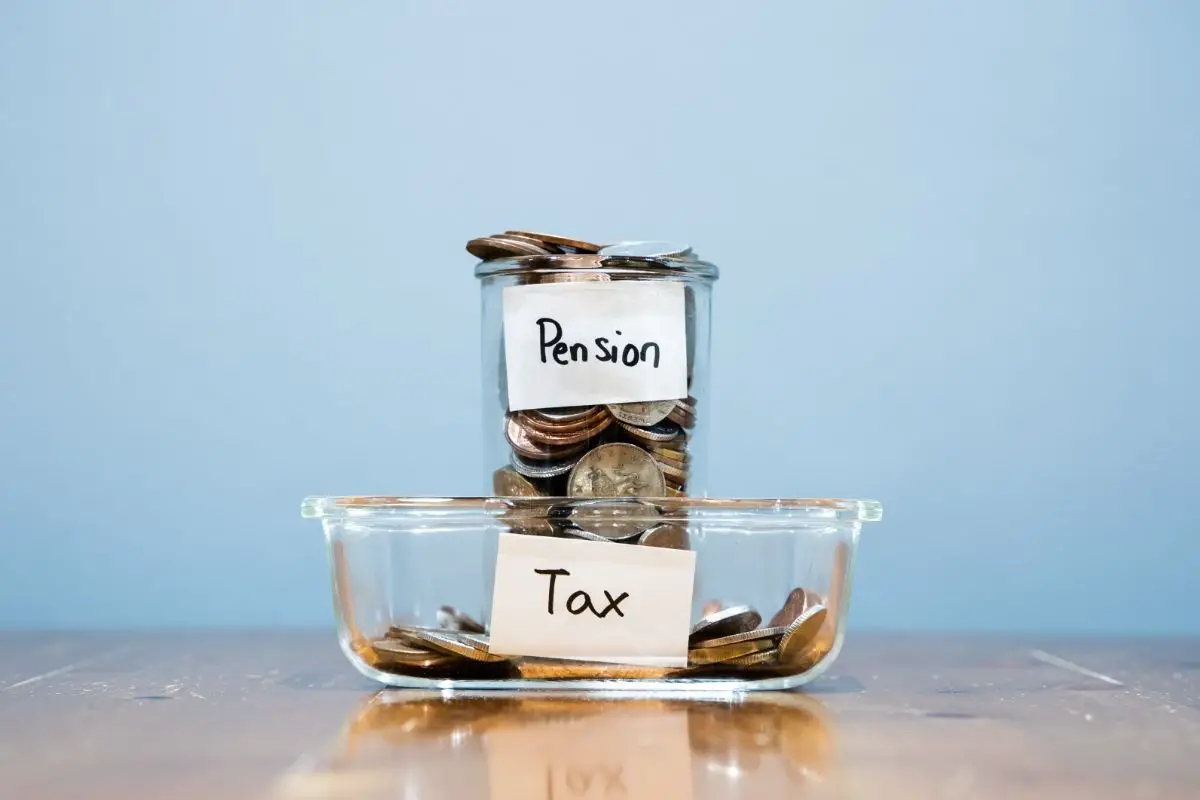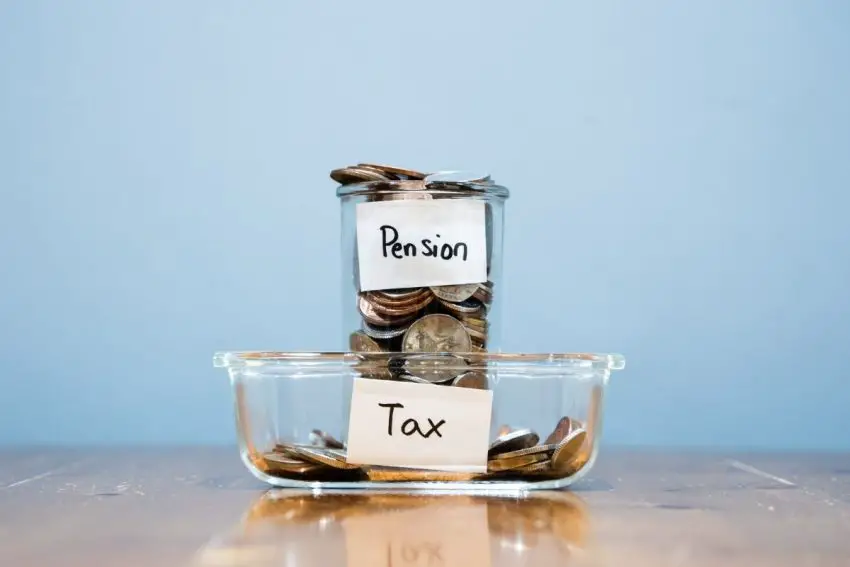Having a retirement income is a necessary consideration and for most of us this will be a pension of one type or another. But how do you know if you will need to pay tax on your pension?

We take a look at how your pension may be taxed, what rate you can expect to pay and how social security will have an impact on your pension tax. We also look at tax withholding and what changes can affect that information.
Contents
How Pensions Are Taxed?
To determine if your pension is taxable, you will need to know how the money was contributed to the pension fund in the first instance.
The majority of pensions are funded with pre-tax dollars and if so it will be taxed when it reaches you as retirement income.
However if the contributions to the pension fund were taxed, the money paid out as a pension will not be taxed. Whether the pension income is taxed will also depend on how it is distributed.
A monthly payment is one of the most common forms of income from a pension fund, but it is also possible to put the lump sum into a traditional IRA or a Roth IRA.
For money paid from a traditional IRA tax is payable on withdrawal. Funds in a Roth IRA will be taxed as a lump sum and no tax is payable on withdrawals.
Private and government pension payments are typically taxed at your ordinary income rate and are normally taxed on the federal side.
What Is My Pension’s Tax Rate?
The tax bracket that your pension falls under will depend on your status and income threshold. The rates for 2022 are as follows.
For those who are married and filing a joint tax return, the rate is currently between 10-37% for income levels between $20,550 or less and over $647,850.
For a single person, the rates are 10-37% for income between $10,275 or less and over $539,900. A head of household will pay between 10-37% on pension income from $14,650 or less to over $539,900.
Those who are married but file separate returns will pay 10-37% on $10,275 or less up to $323,925 and above.
The vast majority of people will pay taxes on their pension income and only those whose pension falls below the minimum level will not pay tax.
There are ways to minimize the tax burden on your pension such as timing distributions or bunching income among others.
Not all states tax pension income, so it is important to find out what the rules are where you live. Tax is payable in the state where you live, not the state where the money was earned.
So if you lived in a high tax state but moved to a lower tax state, you may save money on your pension tax or perhaps not pay any at all as some states don’t tax pensions.
How Does My Social Security Affect My Pension?
If you only receive social security as an income in retirement chances are you won’t be paying any taxes on it. This is mainly because the amount that you will be receiving from social security will be too low to be taxable.
However if you have another source of income, including interest income that is otherwise tax-exempt then some of your social security would be taxable. More than half of social security recipients pay some tax on their retirement income.
The amount that you pay on your social security benefits will depend on your combined income or the total of half of all your annual social security benefits, your adjusted gross income and any tax-exempt interest income.
The level of your combined income will determine the share of your social security that will be taxable. For a single person, a combined income of $0 to $24,999 would attract no tax.
On $25,000 to $34,000 50% of social security would be taxable and above $34,000 the rate rises to 85% of social security to be taxed.
Married couples on $31,999 or less would not be taxed on social security, up to $44,000 half is taxable and over this amount 85% of social security is taxable.
Married couples who file separately may be taxed on 85% of social security regardless of level of income.
Federal Tax Withholding Information
You may need to change your pension tax withholding for a number of reasons. For example, if you get married, divorced or your spouse passes away, this will mean a change in your filing status.
If the amount of income that you get from other sources changes, you will also need to change your tax withholding amount. Similarly if there are changes in the amount of itemized deductions that you are able to claim.
Large changes in tax laws can also affect your pension tax withholding amount. Moving may also affect your tax situation as many states impose taxes on pension income similarly to the federal government.
States that impose income tax typically require tax withholding.
You should ensure that you are complying with all your pension tax withholding requirements to avoid underpayment penalties to the IRS.
When you retire you will be sent a W-4P form.
This allows you to choose the tax withholding status that is correct for your circumstances including the number of your exemptions, marital status, whether you want federal taxes withheld or an additional withholding.
Final Thoughts
Having a pension gives you extra financial support when you retire. It gives some security and the peace of mind that you will have a comfortable retirement.
To safeguard that future ensure that you are fully aware of all the tax implications related to your individual pension.
Planning for your retirement is very important and needs careful consideration. If you are unsure of anything related to your pension or taxes you can contact the IRS or ask a financial advisor for help.





